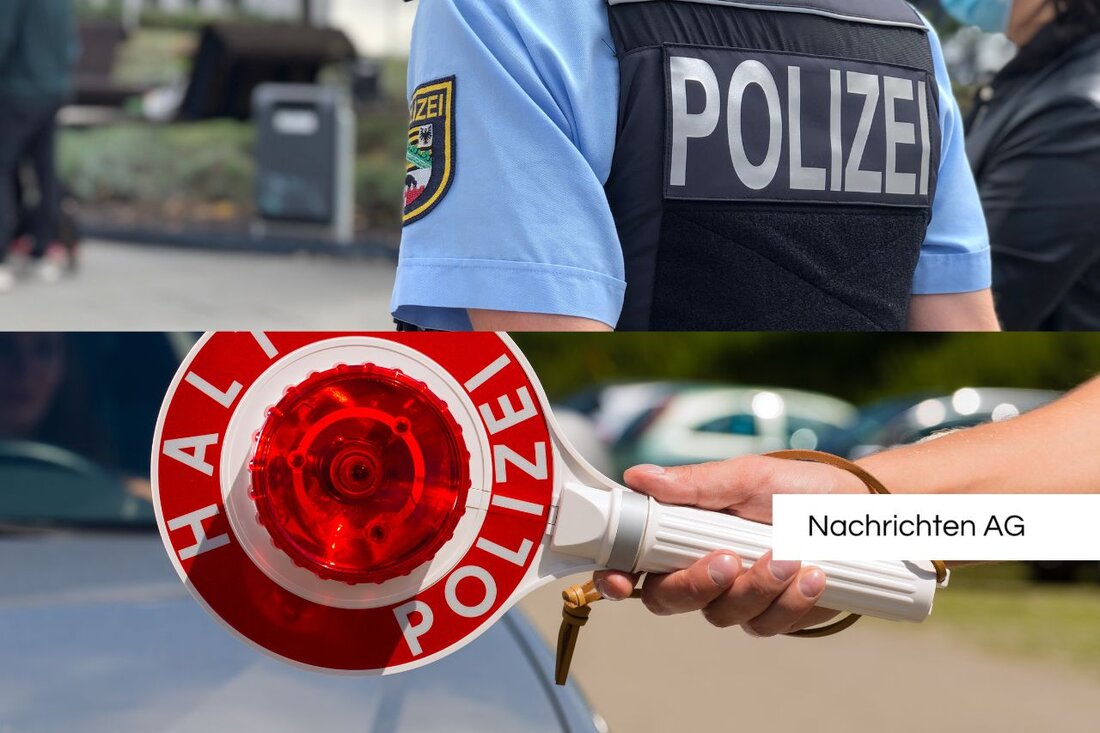Viennese market office raises the alarm: cheap toys endangers children!
Viennese market office examines cheap toys: 29 shops controlled, 102 samples are taken, safety standards tightened.

Viennese market office raises the alarm: cheap toys endangers children!
The Viennese market office checked 29 shops in a current control of cheap toys and took 102 rehearsals of sometimes questionable products. These measures are part of a larger initiative to protect consumers and in particular the health of children. During the controls, 30 advertisements were filed for violations of consumer protection regulations. 44 rehearsals have already been objected to, while the reports are still standing. Among the contested products are toys with easily detachable buttons or eyes as well as those that contain lead in color or forbidden plasticizers. In the event of violations determined, the affected goods are immediately pulled out of circulation.
Marketam director Andreas Kutheil emphasizes the importance of the security of cheap toys to protect children's health. These measures are in accordance with the requirements of the Food Safety and Consumer Protection Act, which sets harmonized standards for toys.
regulations at EU level
In a further development, the EU institutions have revised new regulations for the safety of toys. On Wednesday, the new regulation was accepted in the European Parliament with an overwhelming majority of 603 votes in favor. The revised regulations react to the challenges created by digital toys and online sales, and should above all ensure the protection of the health and development of children.The innovations include an expanded ban on certain chemicals, so that now carcinogenic, genetic -changing and reproductive substances, as well as chemicals with endocrine effects and those that can damage the respiratory organs, are no longer allowed to meet the safety requirements. These regulations should also apply to imported toys that must correspond to the same high standards as to the EU.
Digital product pass and traceability
A central element of the new regulation is the digital product pass, which is mandatory for all toys. This passport should enable consumers and authorities to track the EU conformity and compliance with the safety regulations. In addition to the digital product pass, the new regulations also aim to traceability of toys and market monitoring. In this way, consumers should receive simpler access to security information, for example via QR codes.
Furthermore, manufacturers of digitally networked toys must ensure that the lowest security and data protection standards are observed. Toys that use artificial intelligence will be subject to special regulations in order to minimize possible risks for mental health and the cognitive development of children. According to the rapporteur Marion Walsmann, access to information about toy security is essential for consumers.
The new security requirements include a ban on dangerous chemicals such as Pfas and Bisphenolen. However, the political process has not yet been completed because the regulations must be formally approved by the European Parliament and the Council. The regulation comes into force 20 days after its publication in the Official Journal and provides for a transition period for industry to adapt to the new requirements.

 Suche
Suche
